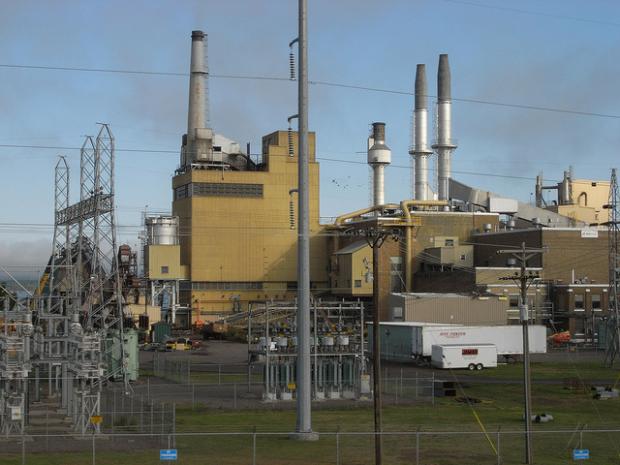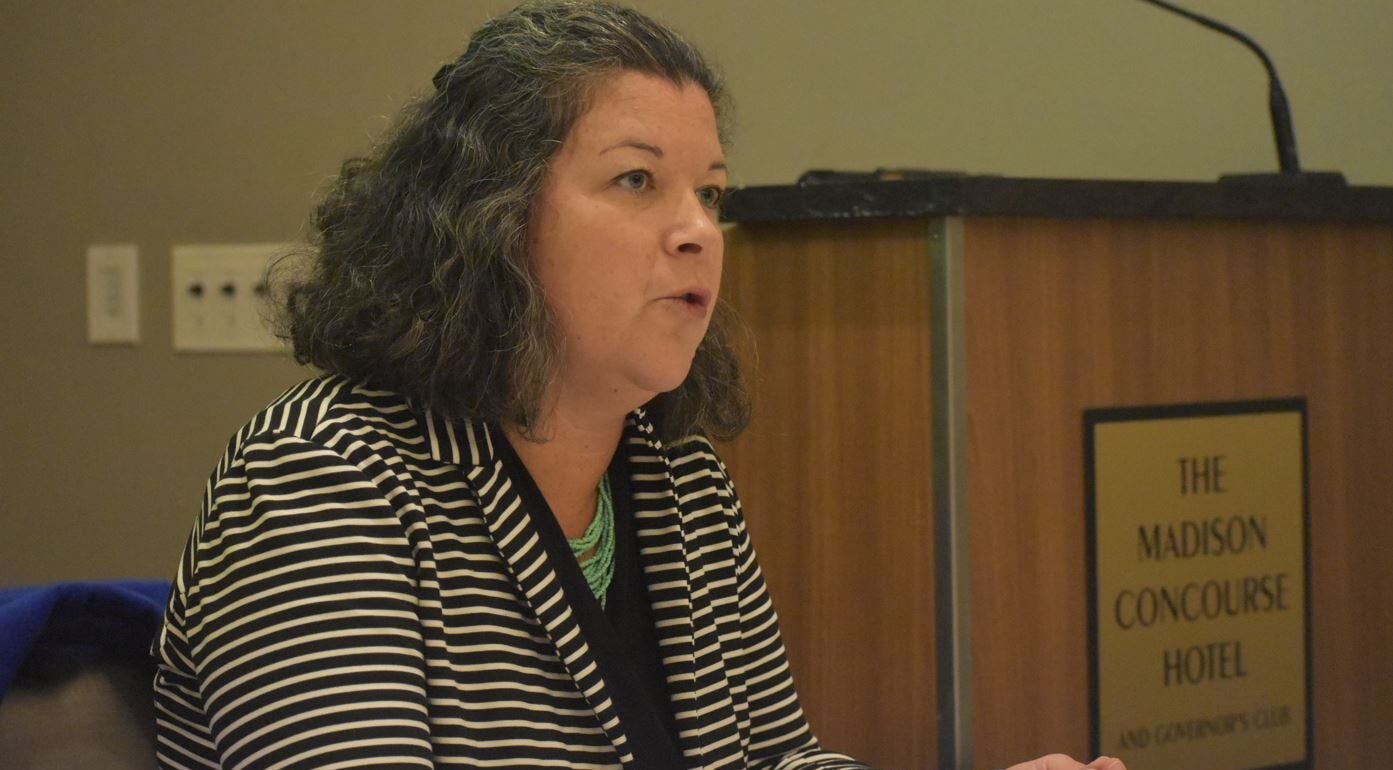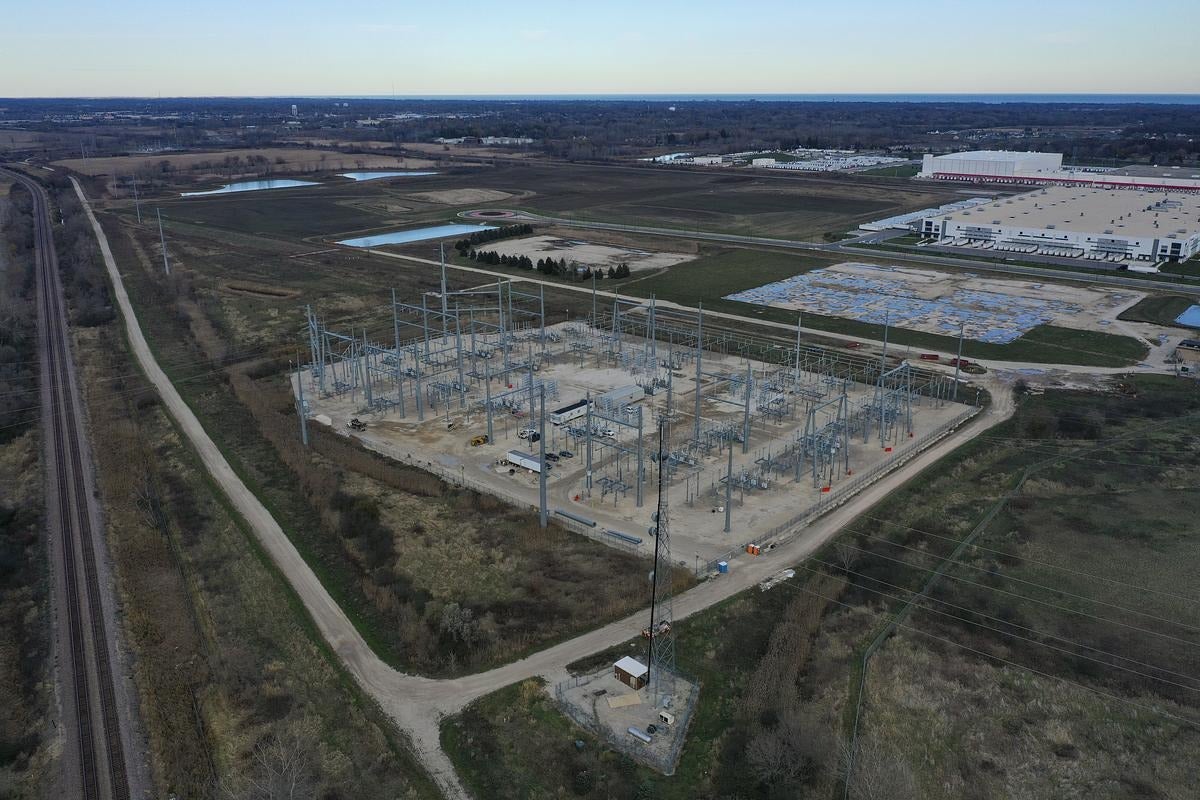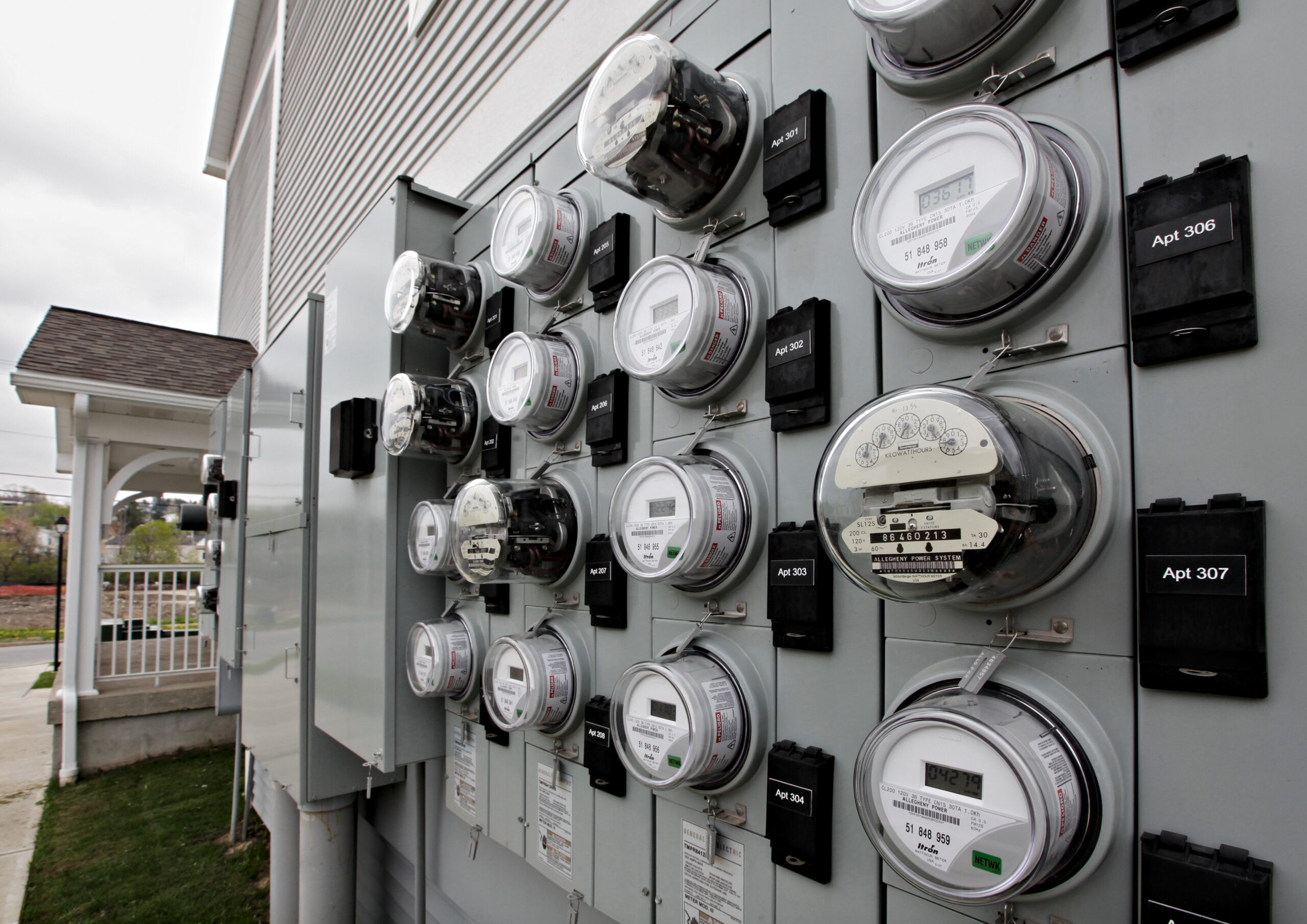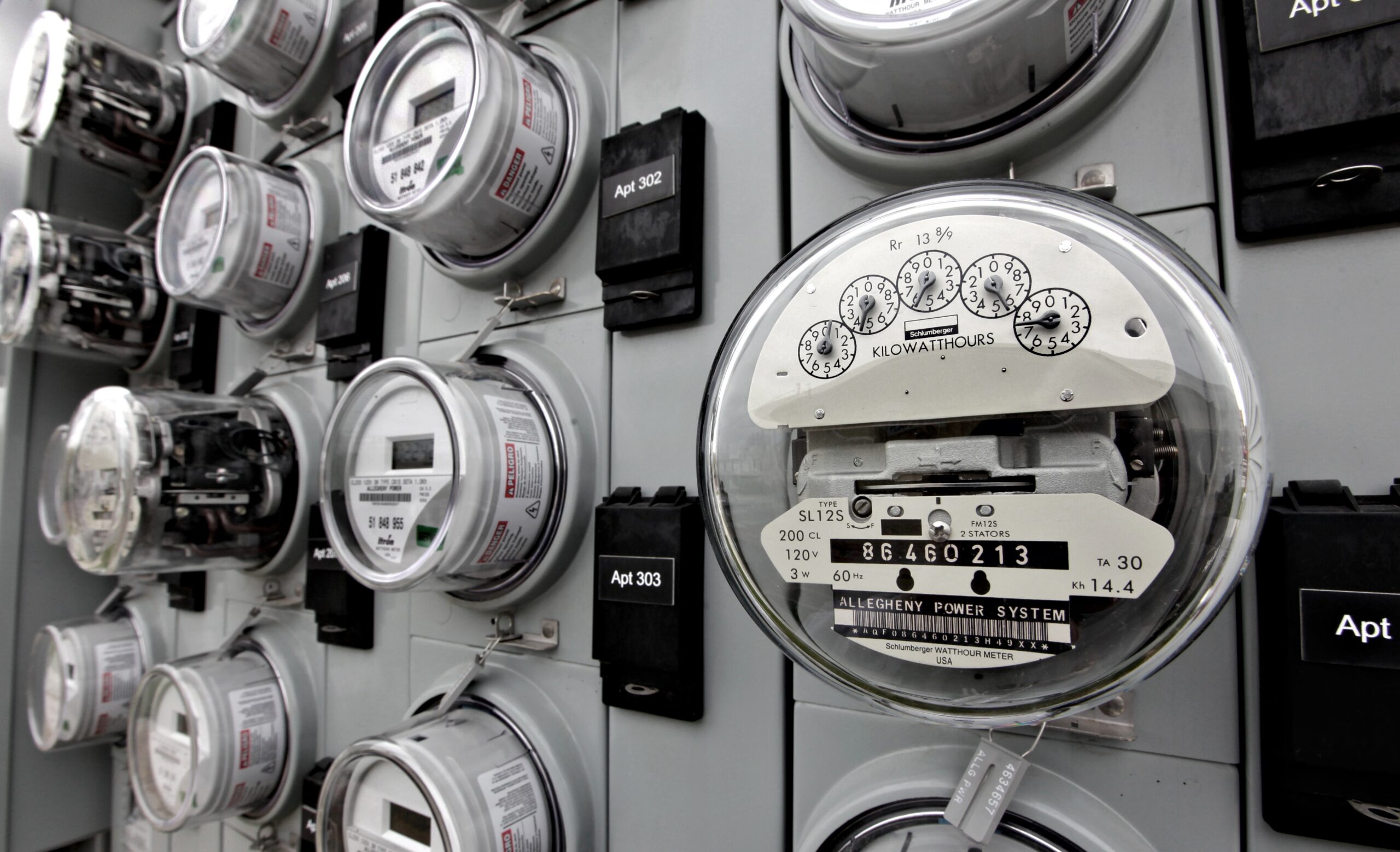The Public Service Commission of Wisconsin (PSC) is allowing utilities to recover some costs they’re expecting to take on due to the coronavirus pandemic.
On Thursday, the PSC decided utilities can track and defer expenses they incur as part of state orders to ensure social distancing during the COVID-19 crisis.
Those include Gov. Tony Evers’ safer-at-home order and a March 24 PSC order that prevents customers from having their water, electricity and heat disconnected during the pandemic. Public utilities are also not allowed to collect late fees until further order of the commission.
News with a little more humanity
WPR’s “Wisconsin Today” newsletter keeps you connected to the state you love without feeling overwhelmed. No paywall. No agenda. No corporate filter.
On Thursday, the PSC also found it was premature to include declining sales revenue as part of any cost recovery.
PSC Chair Rebecca Valcq told WPR on Friday the move sort of creates an IOU from the customer, in which those deferred costs are set aside to be addressed in future rate cases.
“So that when we get to that point out in the future we can examine the dollars,” said Valcq. “We can determine whether or not those should be recovered from customers, and, if so, over what period of time.”
She said the commission’s decision attempted to balance the needs of utilities and customers.
“What we really were trying to do is walk that really fine line of ensuring clarity and stability on the financial health side of all of the utilities while keeping those consumer protections in place,” she said.
The cost deferrals have no specified end date as of yet. The Wisconsin Utilities Association contended utilities should be able to recover expenses and revenues with interest when the public health crisis ends.
“WUA members face significant sales erosion and bear the risk of associated revenue shortfalls as the economy comes to a standstill as a result of the pandemic,” the association wrote in a PSC filing. “They have no choice but to manage their costs in order to maintain safe and reliable services at reasonable cost to customers.”
On Thursday, the commission authorized utilities to receive interest on deferred costs at the authorized level for short-term borrowing, which is a lower interest rate on average than what utilities requested. The association had argued a short-term rate would not be adequate because the pandemic would bring lasting impacts that would likely mean recovering costs would “take years not months.”
Groups like the Citizens Utility Board and Wisconsin Industrial Energy Group favored a short-term debt rate on deferred costs, noting that regulated utilities are among a select few that can recover costs in the future.
“There are numerous industries with dire situations with no opportunity to defer current unexpected cost impacts or other adverse impacts,” the groups wrote in a filing.
The groups also requested that utilities defer any potential savings during the public health emergency for customers. However, Valcq said the commission decided against the idea, noting it would leave utilities with no tools to get through the current crisis.
“If you take that ability away, you potentially put at risk dollars that they need to access to keep the lights on,” said Valcq.
Wisconsin Public Radio, © Copyright 2025, Board of Regents of the University of Wisconsin System and Wisconsin Educational Communications Board.

